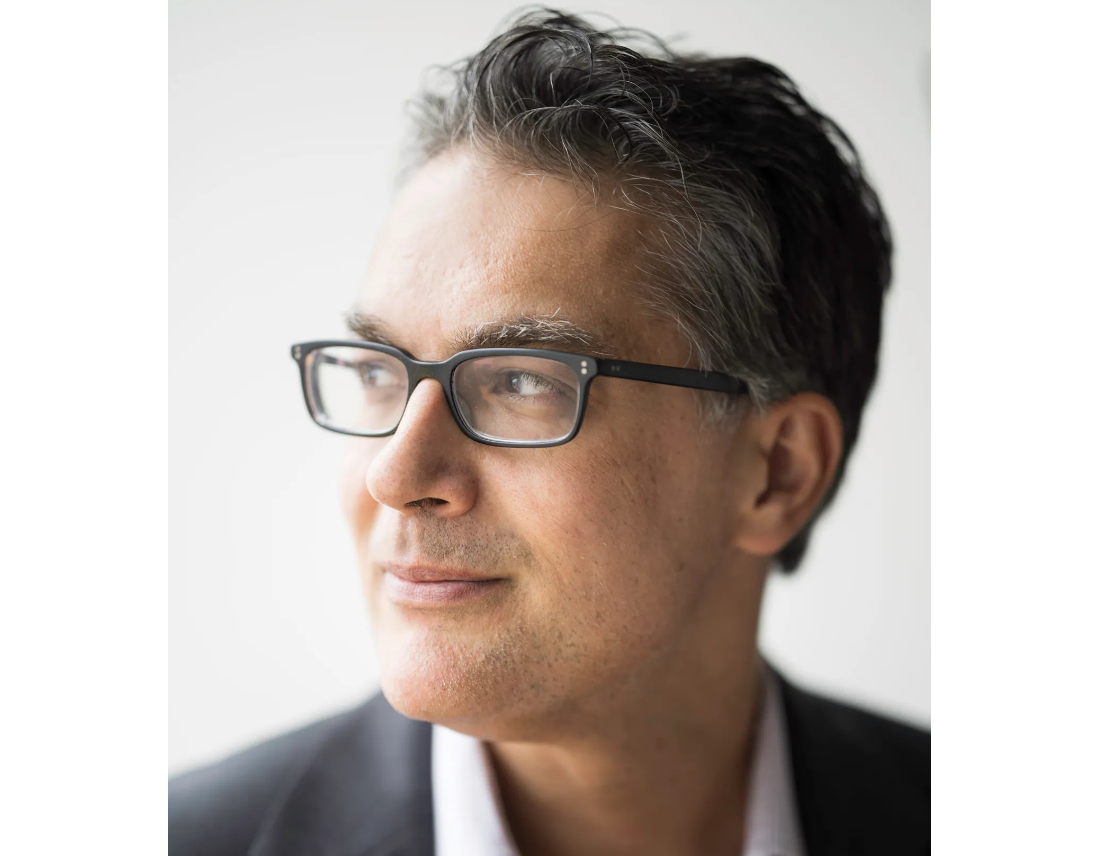“Why Philosophy?” Kieran Setiya
A series of interviews with philosophers will be a new regular feature at Daily Nous.
Earlier this year, Céline Leboeuf, associate professor of philosophy at Florida International University, launched Why Philosophy?, a Substack site. It features brief interviews she conducts with philosophers about what they think philosophy is, how they were introduced to philosophy, how they do philosophy, how philosophy is important to them, and related topics.
Links to some of these have appeared in the Heap of Links here. But now, thanks to Dr. Leboeuf, the interviews themselves will be appearing here, too. They’ll still be published at her site, but they’ll also be posted here, usually on a weekly basis.
We’re starting this today, with an interview Dr. Leboeuf published earlier this week.

Why Philosophy?
Kieran Setiya
interviewed by Celine Leboeuf
What is philosophy to you?
How were you first introduced to philosophy?
My first real teacher in philosophy was Jeremy Butterfield, a philosopher of science who was the tutor at Jesus College, Cambridge, when I was an undergraduate there. I was exceptionally fortunate. Jeremy was and is the most brilliant, compassionate, generous teacher I know: he gave me the confidence to keep doing philosophy.
How do you practice philosophy today?
What is a philosophical issue that is important to you?
What books, podcasts, or other media would you recommend to anyone interested in philosophy?
If I liked Plato, I’d say The Republic, which is accessible but endlessly rich, and ranges from ethics and politics to mind, metaphysics, and epistemology. But I don’t like Plato much, because I don’t enjoy the instability of the dialogue form in philosophy, or the excuse it gives for offering bad arguments.
Oddly enough, although I don’t love Plato, I love the great Platonist of the late 20th century, Iris Murdoch. Her book The Sovereignty of Good is tricky for beginners (and experts), but it’s brief and beautifully written, and it offers a lifetime of challenges. I’d recommend that to anyone.
Audio is easier: first on my list would be Barry Lam’s wonderful narrative-philosophy podcast, Hi-Phi Nation.
This interview with Kieran Setiya was first published at Why Philosophy?
Kieran Setiya teaches philosophy at MIT, where he works on ethics and related questions about human agency and human knowledge. He is the author of Midlife: A Philosophical Guide and Life Is Hard: How Philosophy Can Help Us Find Our Way, which was selected as a Best Book of 2022 by The New Yorker and The Economist. His writing has appeared in The New York Times, The Guardian, the LA Review of Books, the TLS, the London Review of Books, The Atlantic, Aeon, and The Yale Review. He also writes a Substack newsletter, Under the Net.

